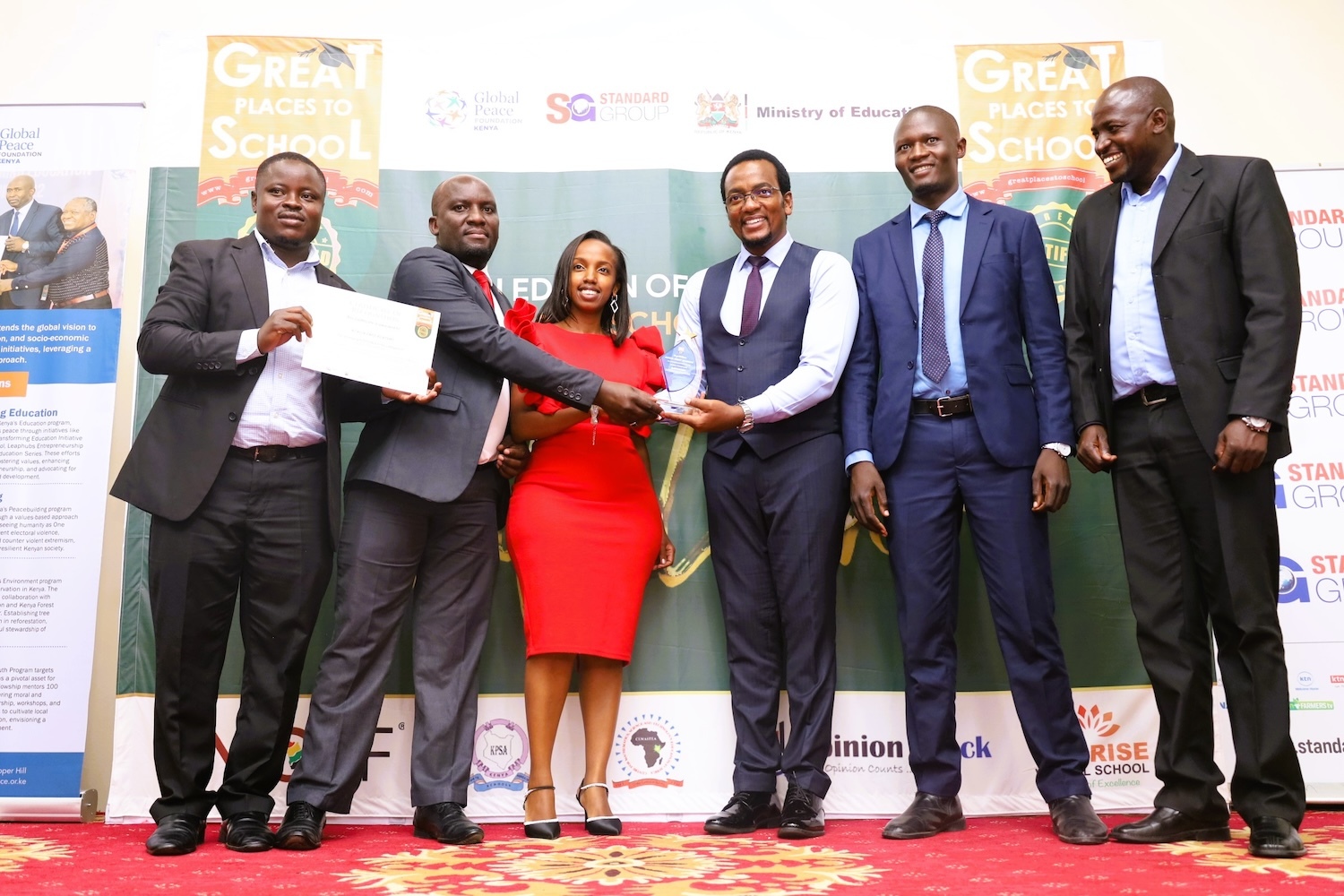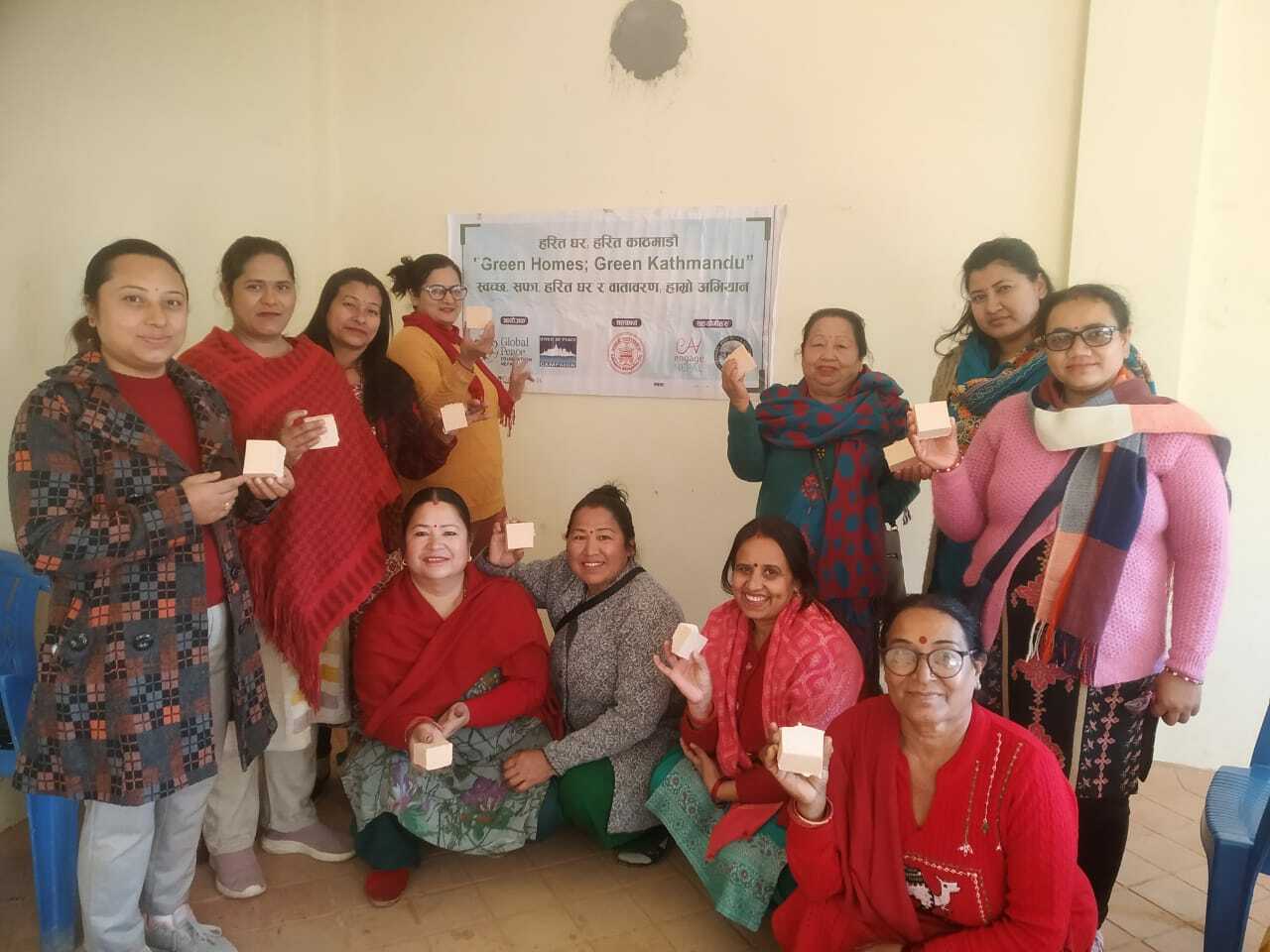Surging harmful content online increases the vulnerability of youth, especially related to targeted violence in school settings and digital environments.
Online safety experts examined strategies to anticipate and prevent violence through education, collaboration, and targeted intervention at at a March 30, 2022, virtual forum, co-sponsored by the Global Peace Foundation and Co-operation Ireland.
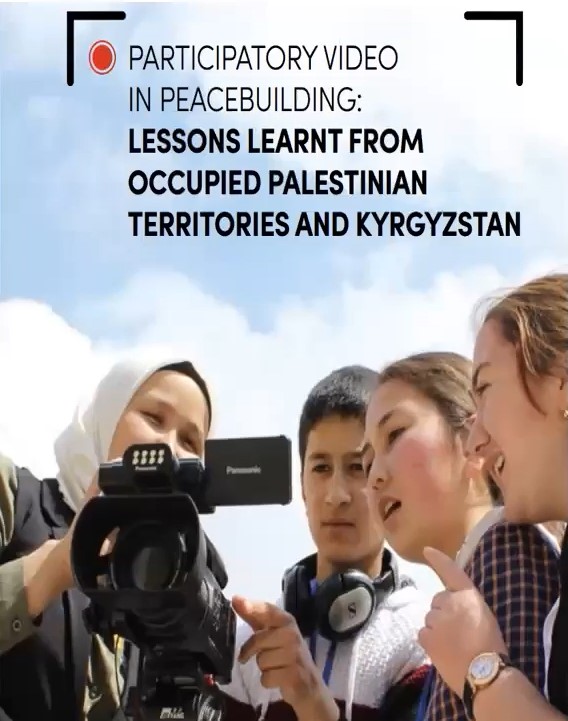
Giving voice to youth and creative approaches to violence prevention. Courtesy of Jennifer Batton
Leading off the forum, Jennifer Batton, Co-Chair of Global Partnerships for Prevention of Armed Conflict, presented a variety of tools to support a shift from reaction to prevention of violent extremism.
Ms. Batton shared highlights from various regions promoting peace education in collaboration with Ministries of Education and other partners. She said participatory video, games and youth-led initiatives are used as a catalyst for collaborative local problem solving. GPPAC organizes various working groups and provides online resources for youth, civil society leaders and educators.
Jennie King, Head of Civic Action and Education Initiative at the Institute for Strategic Dialogue (ISD), presented evidence-based data about hate, extremism and polarization and how the findings apply to civil society responses in different communities. ISD’s digital citizenship work helps individuals navigate the online space and various digital platforms, and not fall prey to misinformation.
Ms. King reviewed the curriculum structure of ISD’s efforts as well as how youth can lead in building inclusive communities online as both content creators and consumers. She stressed how online and ‘real world’ environments are not separate. ISD provides open access online resources for educators and students in several languages.
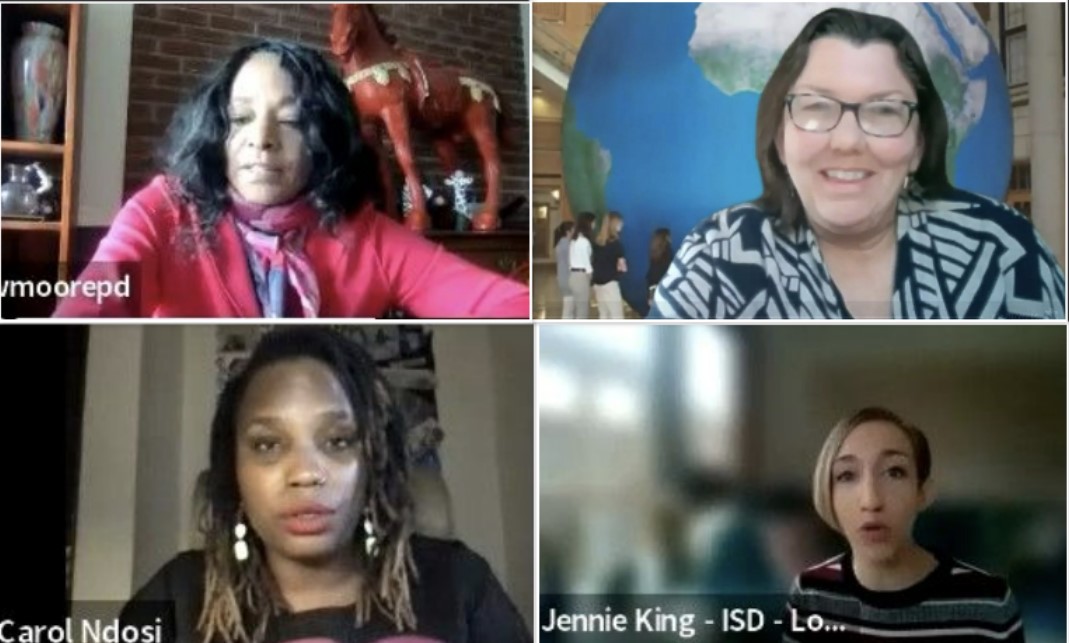
Panelists, clockwise from top left: Wanda H. Moore, Project Director, Urban Peacebuilding, Global Peace Foundation;Jennifer Batton, Co- Chair, Global Partnerships for the Prevention of Armed Conflict; Jennie King, Head of Civic Action and Education Initiative, Institute for Strategic Dialogue; Carol Ndosi, Executive Director, The Launch Pad, Tanzania
Wanda Moore, a Project Director of the Global Peace Foundation’s Urban Peacebuilding Initiative, discussed the best practices in preventing terrorism and targeted violence and how to build and sustain a community response. Identifying behavioral indicators of a mobilization towards violence was the focus of a GPF training curriculum delivered in New Jersey and underway in Maryland.
Ms. Moore discussed the project’s broad-based partners and how they represented national, state and local law enforcement, front line youth workers, child and family services and other civil society organizations. Helping communities understand resources, risks and protective factors were all key aspects of successful efforts, she said.
Global Peace Foundation’s work was recognized by the National Counterterrorism Center as well as Department of Homeland Security as a community engagement and prevention best practice.
Online platforms and social media provide important data for threat assessment, risks, and protective factors, and should inform an intervention safety plan.
Greg Gerber, the Director of Training at Safer Schools Together, discussed the organization’s work to conduct threat assessments and prevent school violence. Disruptive student-associated online behaviors increased drastically during the first year of the pandemic, he noted. Firearms, mental health, and substance abuse concerns indicated students were struggling.
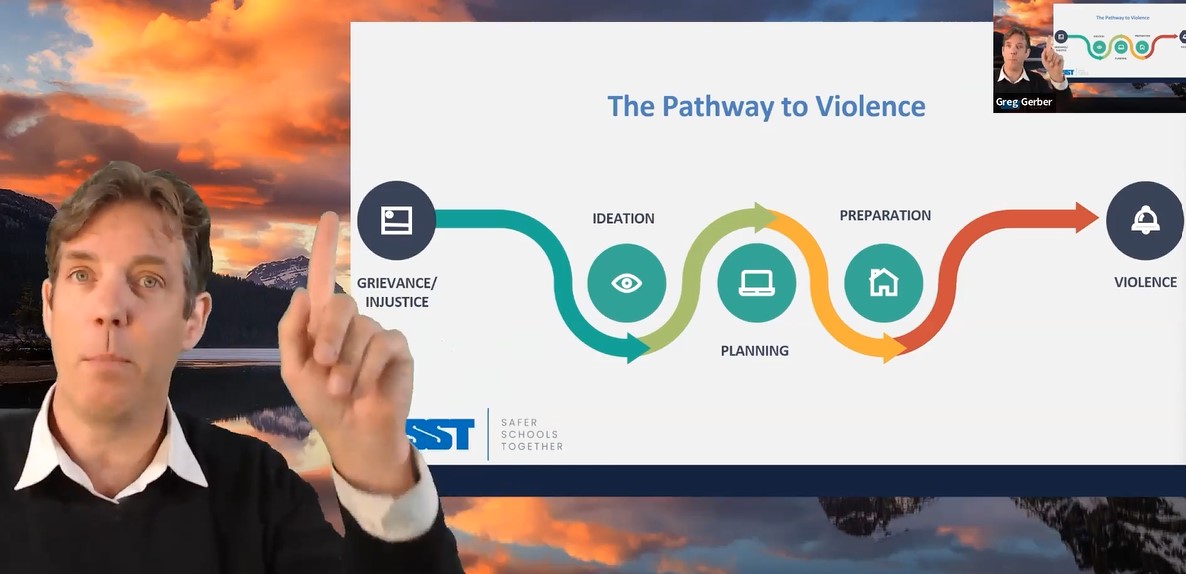
Greg Gerber, the Director of Training at Safer Schools Together, explains that violence is rarely impulsive but follows an escalating pattern.
He presented data showing a transition from self-directed harm to harm of others, such as bullying and physical violence. The pathway to violence showed the escalation of grievances, ideations planning, and mobilization to violence. Online platforms and social media provide important data for threat assessment, risks, and protective factors, and should inform an intervention safety plan.
Carol Ndosi, Executive Director of Launchpad Tanzania, focused on young girls’ digital inclusion. The Launchpad encourages safe online spaces by focusing on prevention and response. Preventing online violence against women includes providing digital skills and safety training for young women aged 18-35, including university-based programs and awareness campaigns.
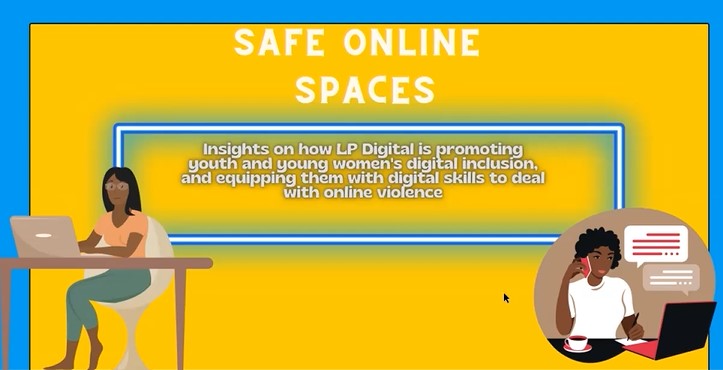
Launchpad Tanzania supports digital access and safe online spaces for women and girls.
Since 2019, non-consensual sharing of intimate images has become an increasing problem in Tanzania. A peer-to-peer campaign has been launched as a response to this alarming trend and was initially supported by Facebook, now Meta. Campaigns and content cater to Swahili speakers in order to reach local youth. Responses also included mental wellness support and legal aid.
The digital divide in Tanzania continues to present limits to digital media access for girls and women, so Launchpad and other partners, including Global Peace Foundation Tanzania, are pressing for women’s digital inclusion and safe online spaces. Online influencers present messages in short videos that engage followers in real-life situations and share solutions.
Panelists noted the trends across different organizations’ work and approaches and how they personally benefited from learning from others.
The session was part of a five-part “Peacesharing Forum: Uplifting Youth Engagement for Building Peace” and is available to view On-Demand.

